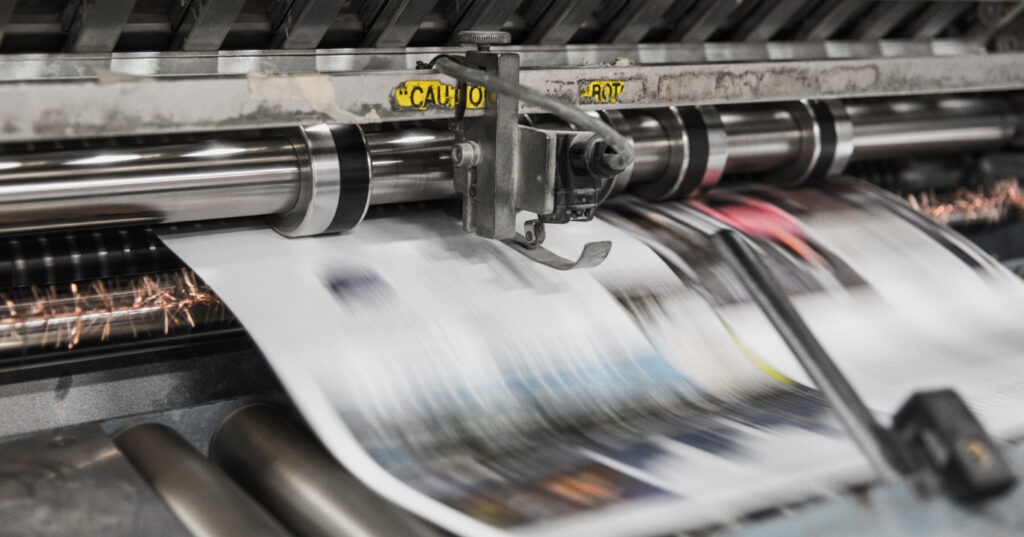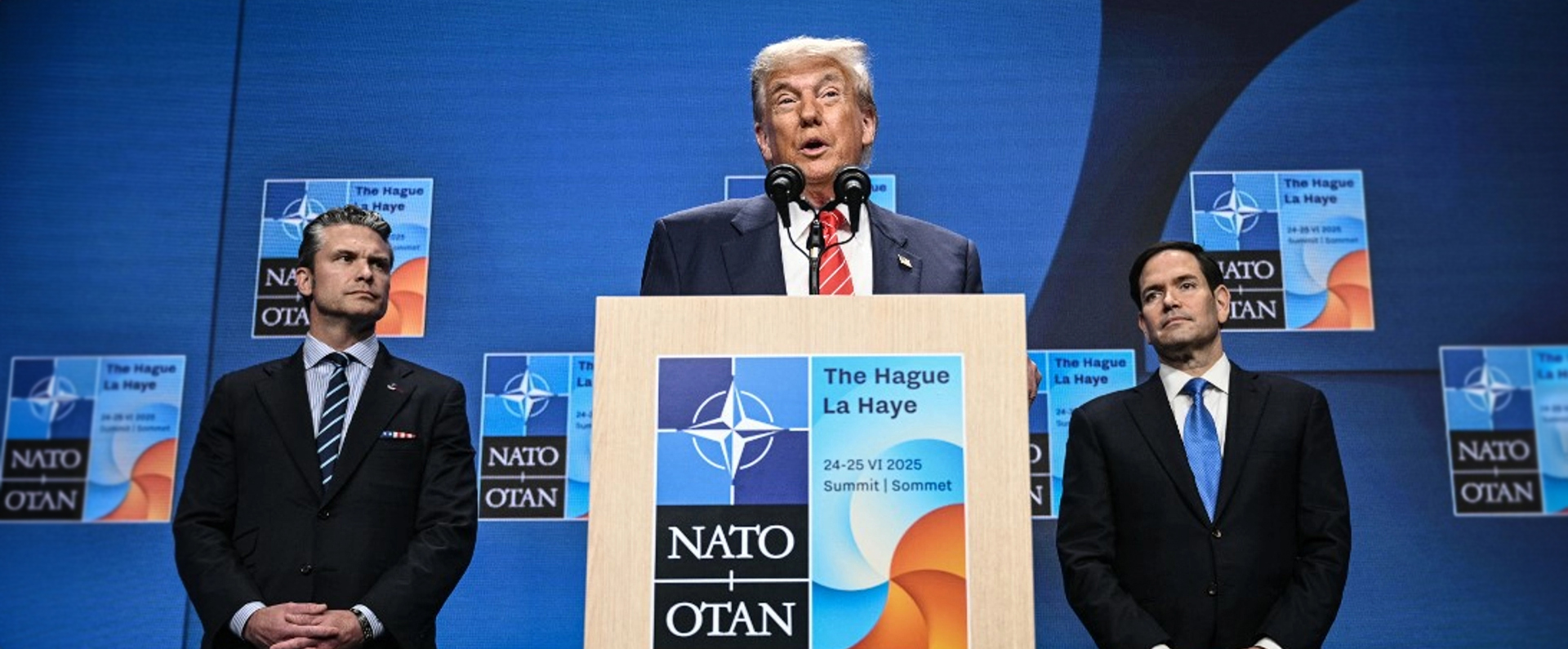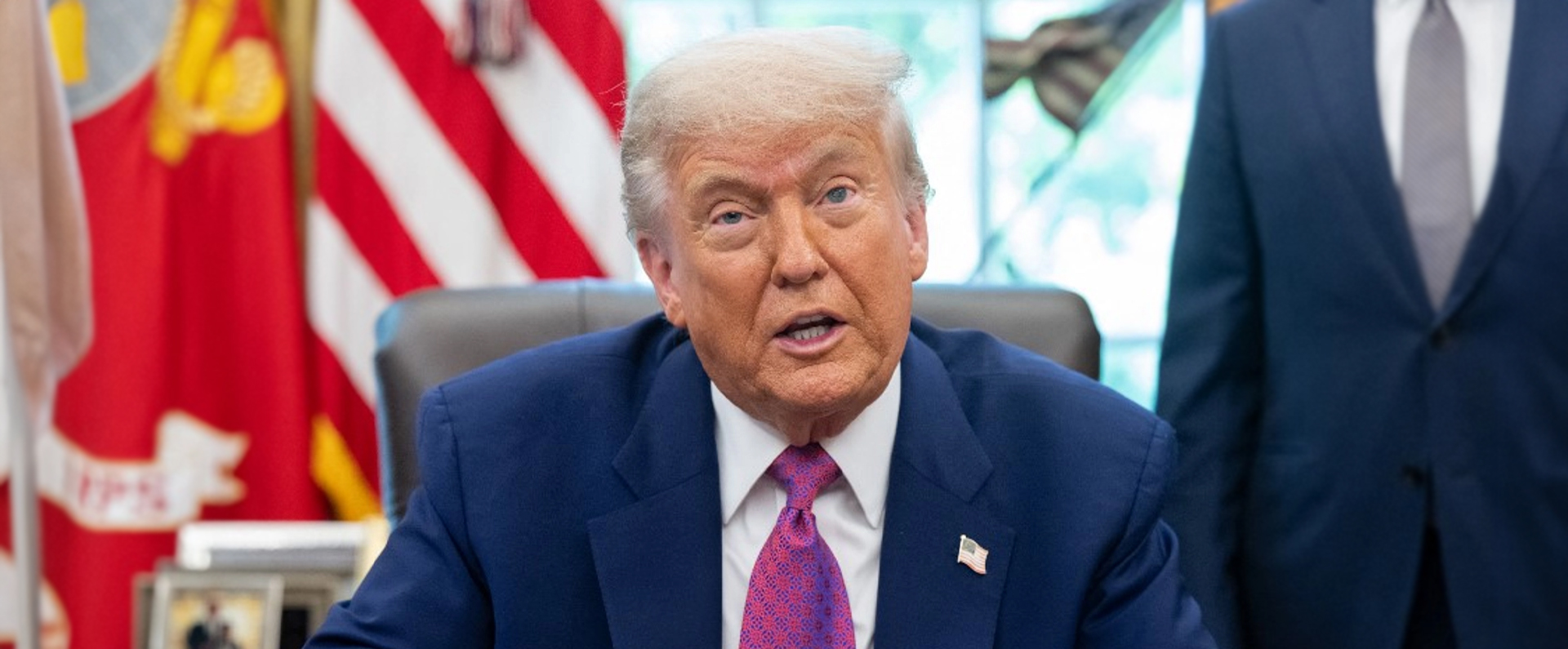
It would be an understatement to say that I am looking forward, over the coming months, to the evidence that will be presented to the Leveson inquiry into press standards.
This is not because I hope that it will lead to a draconian crackdown on the activities of newspapers – or that I, eventually, want to see a large number of journalists led kicking and screaming to the cells.
Not a bit of it. In fact, I thought Lord Justice Leveson, the inquiry chairman, set a perfect tone to the proceedings when he told the opening day of the hearing on Monday that there is “a great deal to applaud in the British press.” He added: “From the very start I made it clear that I fully consider the freedom of expression and freedom of the press to be fundamental to our democracy and fundamental to our way of life.”
But that freedom must be exercised with others in mind. What I do want to see, however, is a fair and thorough scrutiny of the press, because it is long overdue. For too long, the Press Complaints Commission (PCC) has been a toothless watchdog and the levels of scrutiny by some – and I stress some – newspapers of the activities of their own reporters have been totally inadequate.
Yesterday it was the further revelations and allegations about the tabloid press that made the newspaper headlines. At least 28 former News International employees are named in notes seized by a private investigator who was employed by the News of the Worldto hack phones, the inquiry heard. Furthermore, the investigator, Glenn Mulcaire, may also have intercepted voicemails on behalf ofThe Sun and the Daily Mirror.
It was also disclosed that police had recovered from Mulcaire recordings of 586 voicemail messages intended for 64 people and that there were a further 38 recordings of him “blagging”, or impersonating a member of the public, in order to obtain confidential information about individuals. The number of potential hacking targets identified totalled a staggering 5,795.
Neither the extent of the hacking by Mulcaire (who has already served a six-month prison sentence for his hacking activities), nor the fact that the illegal activities may have been carried out by tabloids other than the News of the World surprised me in the slightest. In fact, once it had emerged this summer that the News of the World had (indirectly) hacked the voicemails of Milly Dowler, the missing and murdered schoolgirl – and they had even been deleted, thereby giving her family false hope she was still alive – there is very little the press can do that will stun me or, I suspect, the public at large.
For now, it is the tabloid press that is bearing the brunt of the public outrage over its activities while the so-called “quality” press is devoting endless pages to reporting on the “shocking” evidence submitted to the Leveson inquiry.
Many people have forgotten, however, that the Leveson inquiry consists of two separate parts. The first will essentially look at the culture, practices and ethics of the press, including contacts between the press and politicians and the press and the police.
But it is the second part of the inquiry that may yet throw up the most interesting and unexpected evidence. This is many months, or even years, off because it will not take place any criminal prosecutions have been concluded.
Yet the second part of the inquiry will address “the extent of unlawful or improper conduct within News International, other media organisations or other organisations. It will also consider the extent to which any relevant police force investigated allegations relating to News International, and whether the police received corrupt payments or were otherwise complicit in misconduct.”
I believe that, when the Leveson inquiry looks into “the extent of unlawful or improper conduct” by newspapers, it will be elements of the “quality” press that will start to squirm and feel the heat of public outrage.
And, once again, I suspect it will be the News International titles – The Times and The Sunday Times – which have most to fear. I have no grievance with the current management or staff ofThe Times but more than 12 years ago – throughout 1999 – the paper waged a relentless, unscrupulous and, at times, illegal campaign to discredit me when I was Treasurer of the Conservative Party and when the paper had chosen to ally itself with New Labour.
As the Leveson inquiry gets under way, it is not the time for me to go into great detail of my past grievances against The Timesand, to a lesser extent, its sister paper, The Sunday Times. However, anyone who has read either my book, Dirty Politics, Dirty Times, or some of my blogs from earlier this year (eg here andhere), will know the strength of my feelings on this subject and how I became a victim of private investigators hired to obtain confidential information about me through “blagging” and other dubious tactics.
Fully six years ago, I wrote in Dirty Politics, Dirty Times:
“The Times is not the only paper that routinely uses private investigators to obtain illegal information. The man in the street would be appalled if he knew how often it goes on and how easy it is to obtain information on an individual, famous or unknown.”
I have little doubt that by the time Lord Justice Leveson eventually concludes the second part of his inquiry then a fuller picture of what has been going on for more than a decade in some newspaper offices will have emerged. And I confidently predict that it will be some sections of the “quality”, as well as the tabloid press, that will be hanging their heads in shame.
Download Dirty Politics Dirty Times here.
Read this story on Conservative Home.



